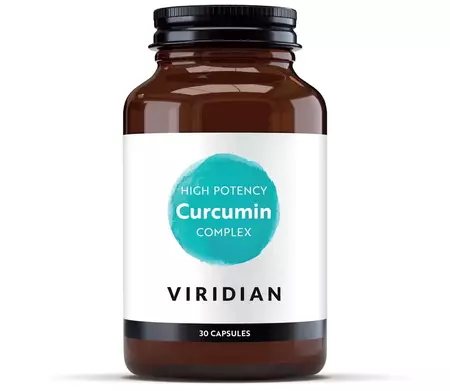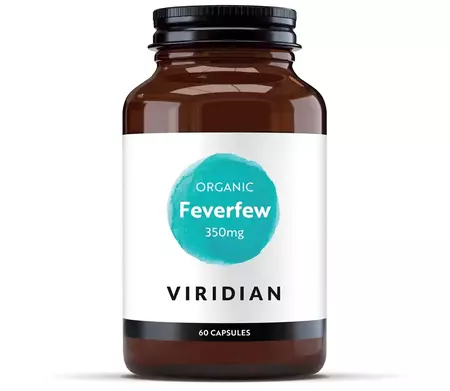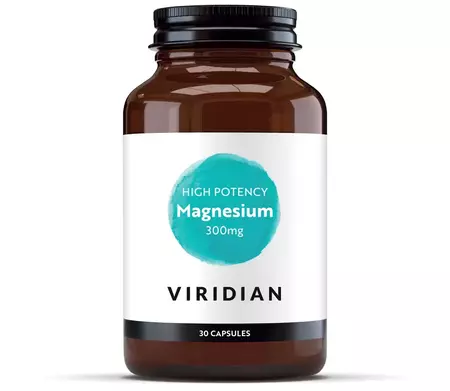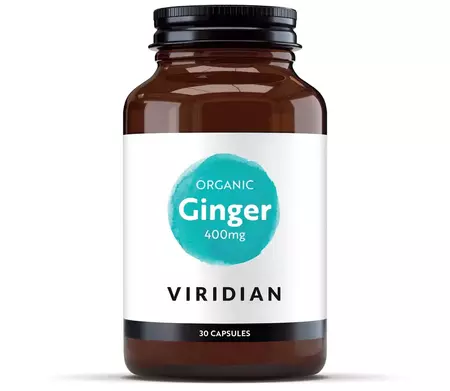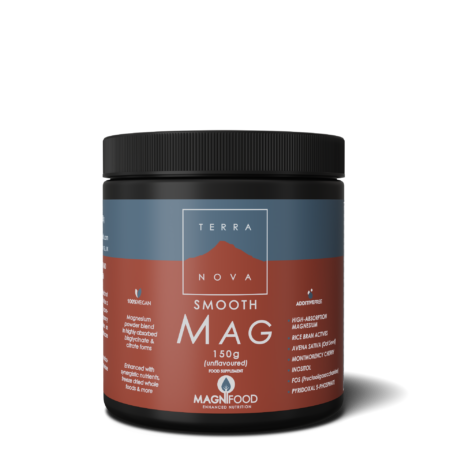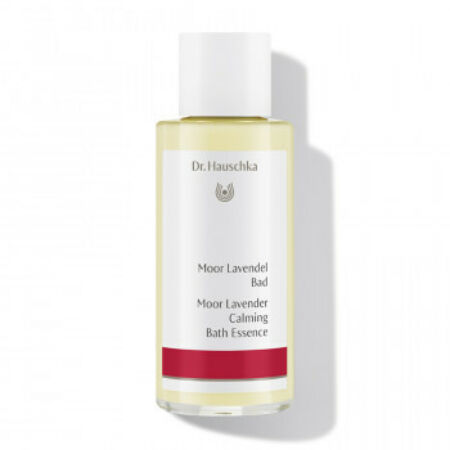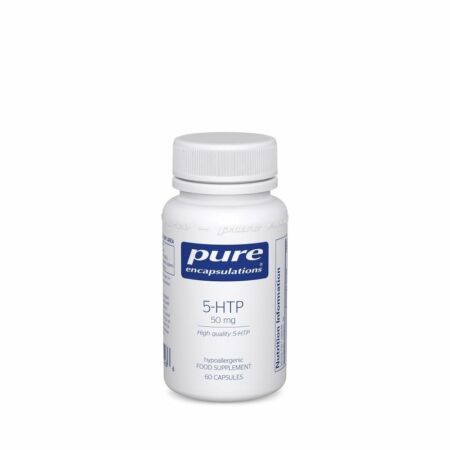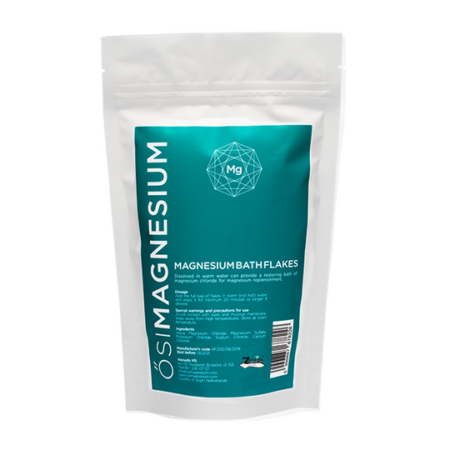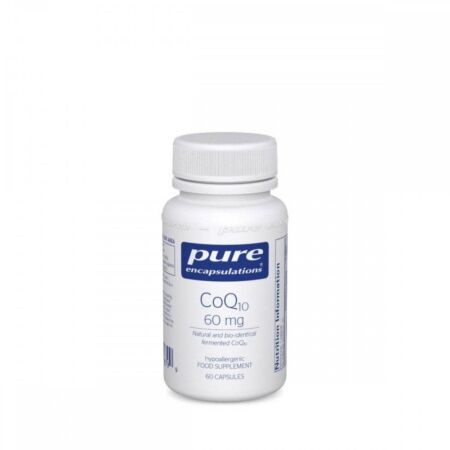If you suffer from migraines and are looking for relief, you'll be glad to know that there are plenty of things you can try, including dietary and lifestyle changes, as well as naturopathic remedies, which we will detail in this article.
What is a migraine, and what are the symptoms?
Migraines are uncomfortable and can cause much disruption to a person’s life. However, the good news is there are plenty of things you can try such as dietary and lifestyle changes as well as naturopathic remedies, which we shall detail in this article.
Migraine is a neurological condition that extends beyond causing severe headaches. It encompasses a range of symptoms that can accompany the headache pain. These symptoms include nausea, vomiting, numbness or tingling sensations, as well as heightened sensitivity to light and sound. Migraine sufferers may experience any combination of these additional symptoms alongside the debilitating pain. The duration of most migraine attacks is around four hours, but they last, on average, a maximum of 72 hours.
What are the risk factors and possible causes of migraines?
Migraine is a condition that can affect individuals of all ages and often has a genetic connection. Women are more likely to be diagnosed with migraine than men[i].
Migraine headaches are typically classified into two categories: episodic and chronic, and further divided into those with and without aura. It is a condition thought to be caused by abnormal brain activity affecting nerve signalling, chemicals, and blood vessels in the brain. There is no definitive cause of migraine, but triggers include dehydration, hormonal changes, stress, certain medications, and certain food or drinks.
Migraine triggers are unique to each person, and keeping a headache journal can help identify them. Tracking the activities, foods, and medications are associated with migraine attacks can help you when working out a personalised treatment plan with a nutritional therapist.
What does a migraine feel like?
Migraine pain is often described as pulsating, throbbing, perforating, pounding, or debilitating. In some cases, it may feel like a severe, dull, steady ache. The pain may start out mild, but if left untreated, it can intensify to moderate or severe levels. In cases of migraine with aura, the pain may be accompanied by an aura (visual disturbances), or this may not occur at all.
Migraine from a naturopathic perspective
Naturopathic medicine seeks to identify and address the root causes of migraine, rather than simply managing symptoms with medication. From a naturopathic perspective, migraine is often viewed as a condition that can be triggered by various factors, which are often unique to the individual.
Dietary advice and the importance of nutritional therapy for migraine:
A personalised dietary plan, based on individual needs and preferences, can help support overall health and reduce inflammation, which may contribute to reducing the frequency and intensity of migraine attacks.
Nutritional therapy is a natural approach to managing migraine that focuses on identifying and addressing nutrient deficiencies and imbalances that may contribute to migraine attacks.
Identifying and avoiding trigger foods, such as chocolate, caffeine, alcohol, and processed foods, can help reduce the frequency and severity of migraine attacks.
A diet that is anti-inflammatory in nature may involve incorporating more leafy greens, vegetables, berries, nuts, and seeds into your meals, as well as reducing your intake of processed foods and excess sugar. Additionally, consuming anti-inflammatory fats like extra-virgin olive oil or including salmon in your diet may also be helpful[ii].
Supplemental advice:
Certain supplements, such as magnesium, riboflavin (vitamin B2), and Coenzyme Q10, have been shown to be effective in reducing the frequency and severity of migraine attacks.
Magnesium: Magnesium deficiency has been linked to an increased risk of migraine, and supplementation with magnesium has been shown to be an effective natural treatment for migraine[iii]. Viridian Magnesium Citrate or OSI Magnesium Bath Flakes or Health Factory
Nano Magnesium Sensitive (1000ml)
Riboflavin: Riboflavin, also known as vitamin B2, is a water-soluble vitamin that plays a crucial role in energy production and cellular function. Studies have shown that supplementation with high doses of riboflavin can help reduce the frequency and severity of migraine attacks[iv]. Viridian High Two B-Complex
Coenzyme Q10: Coenzyme Q10 (CoQ10) is a natural compound that plays a critical role in cellular energy production. It is also a powerful antioxidant that helps to protect cells against damage from free radicals. CoQ10 has been shown in studies to be an option for possible migraine prevention[v]. Pure Encapsulations CoQ10 60 mg
Feverfew: Certain herbs, such as feverfew have been traditionally used to prevent and treat migraine attacks. These herbs have anti-inflammatory and vasodilator properties that can help reduce inflammation and improve blood flow to the brain[vi].Viridian Feverfew (60 Caps)
5-HTP: 5-HTP (5-Hydroxytryptophan) is a naturally occurring amino acid that is involved in the production of serotonin, a neurotransmitter that plays a crucial role in mood regulation, sleep, and pain perception. As such, 5-HTP has been studied as a potential natural treatment for migraine[vii]. Pure Encapsulations 5-HTP 50mg
Curcumin: Curcumin is thought to work by reducing inflammation in the brain, which can contribute to migraine attacks[viii]. Viridian High Potency Curcumin Complex
Functional testing for migraines
Nutritional testing:
Nutritional deficiencies and imbalances, such as low magnesium levels, can contribute to migraine attacks. Nutritional testing can help identify these deficiencies and imbalances, allowing for targeted supplementation and dietary recommendations[ix].
NutrEval
Food sensitivity testing:
Certain foods, such as chocolate, cheese, and wine, are common triggers for migraine attacks. Food sensitivity testing can identify specific foods that may be triggering migraine attacks, allowing for targeted dietary changes. Recent studies have suggested that gluten may act as a migraine trigger for some, with a possible link between celiac disease and migraines[x].
Food Sensitivity Test (Dietary Antigen Test) or Coeliac & Gluten Sensitivity Panel
Hormone testing:
Hormonal changes, such as those that occur during the menstrual cycle or menopause, can trigger migraine attacks. Hormone testing can help identify hormonal imbalances that may be contributing to migraine attacks, allowing for targeted hormone balancing interventions[xi].
Female Hormone Cycle Mapping
Lifestyle advice for migraines
Stress management
Stress is a common trigger for migraine, and stress management techniques such as meditation, yoga, mindfulness, gratitude journalling and deep breathing can help reduce stress levels and prevent migraine attacks[xii].
Massage therapy
Massage therapy is a holistic approach to managing migraine that can relieve pain and prevent future attacks by addressing muscle tension and trigger points in the muscles and soft tissues. By reducing stress levels, improving circulation, and relaxing the muscles, massage therapy can help to reduce the frequency and intensity of migraine attacks. It can also help to release trigger points and improve blood flow to the brain, which can reduce the severity of migraine attacks. However, it's important to work with a licensed and experienced massage therapist who has knowledge in working with migraines. Talk to us today if you have any enquires about our various massage services[xiii].



